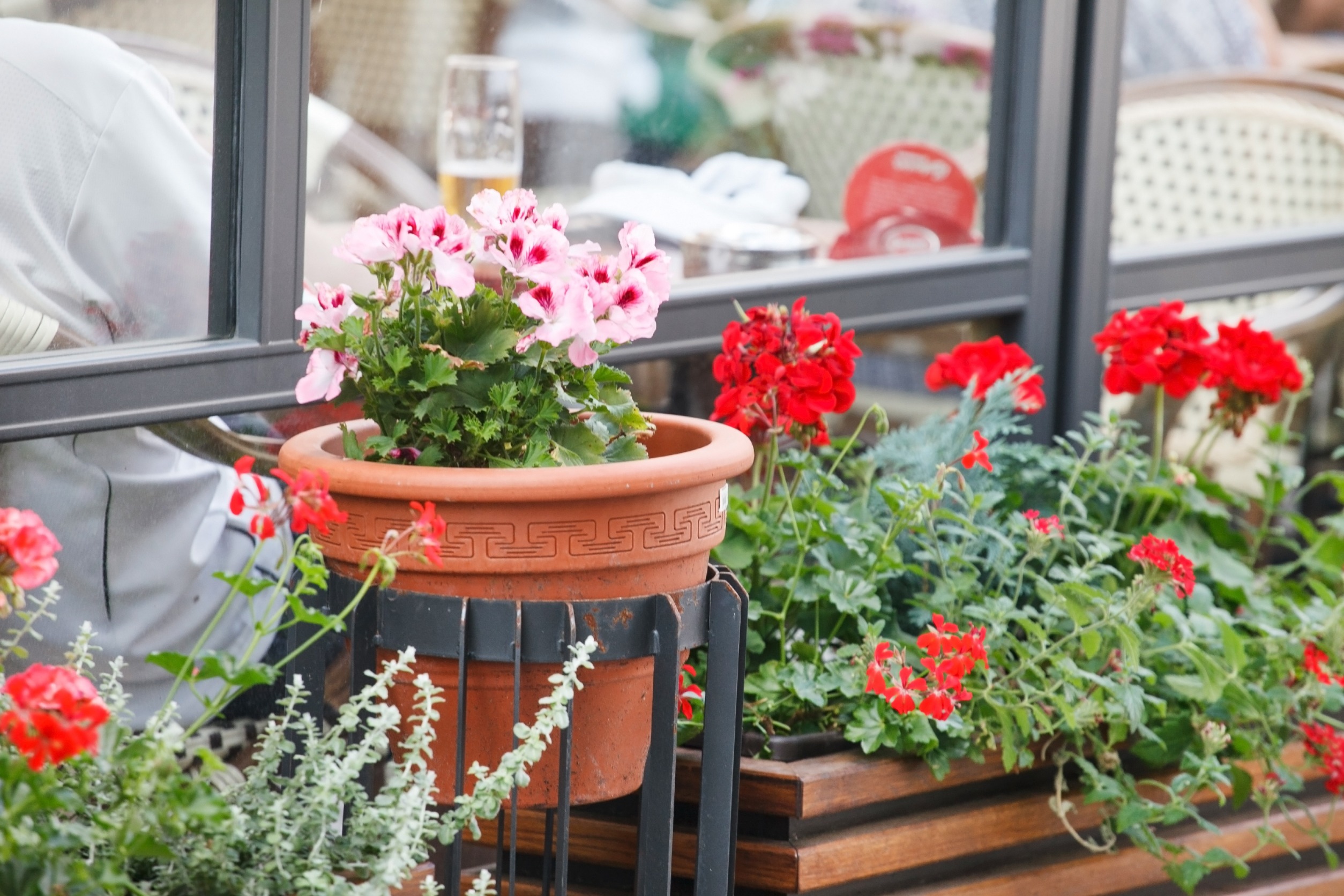Large backyards and expansive landscapes are not the only aspects of gardening. Occasionally, the most exquisite gardens, such as a balcony, blend seamlessly into our city settings. I recall the tiny balcony garden of my grandmother, which was brimming with colorful flowers, delicious herbs, and even some veggies.
In the center of the metropolis, it was her haven. Based on that recollection and my personal experiences, let’s examine balcony gardens and some crucial advice for keeping them healthy.
Crucial Advice for Keeping a Healthy Balcony Garden
1. Selecting Proper Plants
Not every plant can be grown in a balcony garden. While some do well in pots, others require more room.
- Sun-loving Plants: Marigolds, petunias, and tomatoes are good choices if your balcony gets a lot of sunlight.
- Shade-loving Plants: Ferns, begonias, and peace lilies are excellent options for balconies with little sunlight.
2. Ideal Potting
Your pots greatly influence the condition of your plants.
- Drainage: Verify that the holes in your pots are suitable for drainage. This avoids waterlogging, which can damage the roots of plants.
- Size: Pick pots that will allow your plants to spread out. Pots that are too small can hinder growth.
3. Using Water Sensibly
Although it may appear easy, watering requires skill.
- Morning Routine: Give your plants some water first thing in the morning. As a result, less water evaporates, and plants have more time to absorb it.
- Examine the Soil: Examine the soil rather than watering according to a schedule. It’s time to water if it’s dry an inch below the surface.
4. Basics of Fertilization
Particularly in pots, plants require nutrients.
- Organic Fertilizers: Consider applying organic fertilizers such as worm castings or compost. They are environmentally benign and release nutrients gradually.
- Frequency: Fertilizing most balcony plants once a month is beneficial. But always pay attention to the particular requirements of each plant.
5. Control of Pests
Pests can be an issue even in high-rise apartments.
- Introduce praying mantises or ladybugs as natural predators. Many pests are naturally preyed upon by them.
- Neem Oil: Neem oil is a natural insecticide that can keep various pests away from your plants without damaging them.
6. Consistent Pruning
Pruning aids in plant shaping and the removal of unhealthy or dead sections.
- Sharp Tools: For a clean cut, always use sharp pruning shears.
- Best Time: Most plants are best pruned in late winter or early spring.
7. Seasonal Maintenance
Depending on the season, your balcony garden requires varied maintenance.
- Winter: Consider bringing delicate plants inside or wrapping them in frost clothes.
- Summer: Shade nets can shield plants from the intense noon light.
I had a problem with my balcony garden last summer. My basil plants wilted in the extreme heat. Rather than give up, I studied and devised a novel solution: shade nets. They produced a cooler microclimate for all my plants and shielded my basil. I learned from this experience how crucial flexibility is to gardening.
In conclusion
Fresh vegetables, happiness, and relaxation can all be found in a balcony garden. You can turn any tiny area into a green sanctuary with the correct attention to detail and imagination. Recall that learning and adjusting are as important to gardening as planting and watering.

